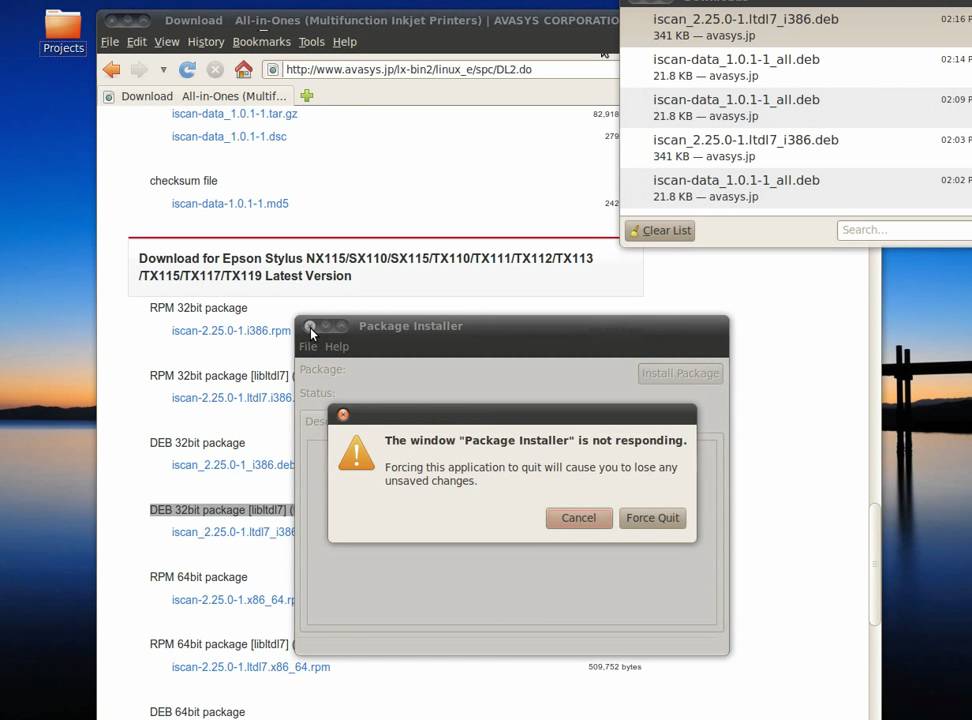

The court said the “creative genre” of satire –which is included within the ambit of freedom of speech-must be encouraged and protected, and since the defendants also claim that their programme is satire, a trial would be required to examine whether the content in question is satirical or malicious. It would definitely be in the interest of the public that every broadcaster has the right of fair comment on current events and of criticism and review, including of the programmes created by others,” it said, The court said while it cannot accept “self-appointment” by defendants as “regulator” of the content of media as there already existed a mechanism for it, “their right to comment and criticize cannot be restricted”.

“Varied presentations and discussions would result in the availability of several shades of opinion before the public, which can then come to its own conclusion. In fact, the availability of a multitude of reporting styles, prioritization and presentation of events that occur daily, would always be in public interest, since broadcast is intended to communicate to the public,” the court stated.
JUDICIAL CONSENT 1994 WATCH ONLINE FREE TV
“This court would accept that the right to comment on content created on social-media or on TV channels has also to be recognized as a facet of the right to free speech and expression under Article 19(1)(a). The court on Friday refused to grant any interim relief to the plaintiff media house and dismissed its application for interim injunction. The court was passing an order on a lawsuit by a media house against online news portal Newslaundry for allegedly ridiculing and defaming its news broadcast and anchors through its content. Other than that, the ability to express an opinion must be freely available for all who hold an opinion,” the court said. “Of course, the right to privacy and reputation cannot be violated in the garb of freedom to comment. Justice Asha Menon noted dissemination of a spectrum of information would result in a better informed society and the right to comment should be subject to reasonable restrictions under the Constitution in relation to threat to national security and law and order and defamation.

What about linking to material licensed by Harvard?.What should I be aware of when I create a website?.What happens to copyright in cyberspace?.How do I get permission to reproduce or disseminate someone else's copyrighted work?.Does a copyright expire when a work goes out of print?.When do copyrights expire, and how can I determine if an old work is still covered by copyright?.Ĭan I avoid infringement by crediting the source?.Should I include a copyright notice or register the copyright in my work?.Can a copyright be transferred to someone else?.What does a copyright authorize the copyright owner to do, or to restrict others from doing?.Right to comment on content on social media or TV channels is a facet of free speech under the Constitution and it will be in the interest of public that every broadcaster has the right of criticism and review even in relation to programmes created by others, the Delhi High Court said on Friday. What considerations are relevant in applying the first fair use factor-the purpose and character of the use?.What considerations are relevant in applying the second fair use factor-the nature of the copyrighted work?.What considerations are relevant in applying the third fair use factor-the amount and substantiality of the portion used in relation to the copyrighted work as a whole?.What considerations are relevant in applying the fourth fair use factor-the effect upon the potential market for or value of the copyrighted work?.How should one weigh the various factors in arriving at a determination whether there is fair use?.How does fair use apply to photocopying of course materials?.How does fair use apply to the use of third-party materials on a course website?.Do I need permission to use or copy material that has already been copyrighted by Harvard?.What happens if I receive a request from someone else to copy or quote from a work that is copyrighted by "President and Fellows of Harvard College"?.How do I determine whether or not copyright should be in Harvard's name?.What are the rules for performing a musical or literary work, or showing a film or video, in class?.


 0 kommentar(er)
0 kommentar(er)
